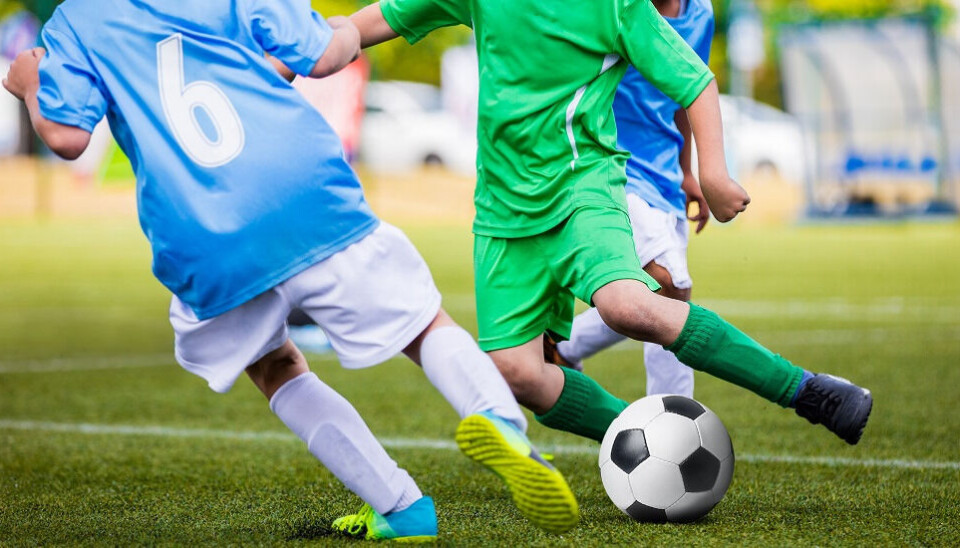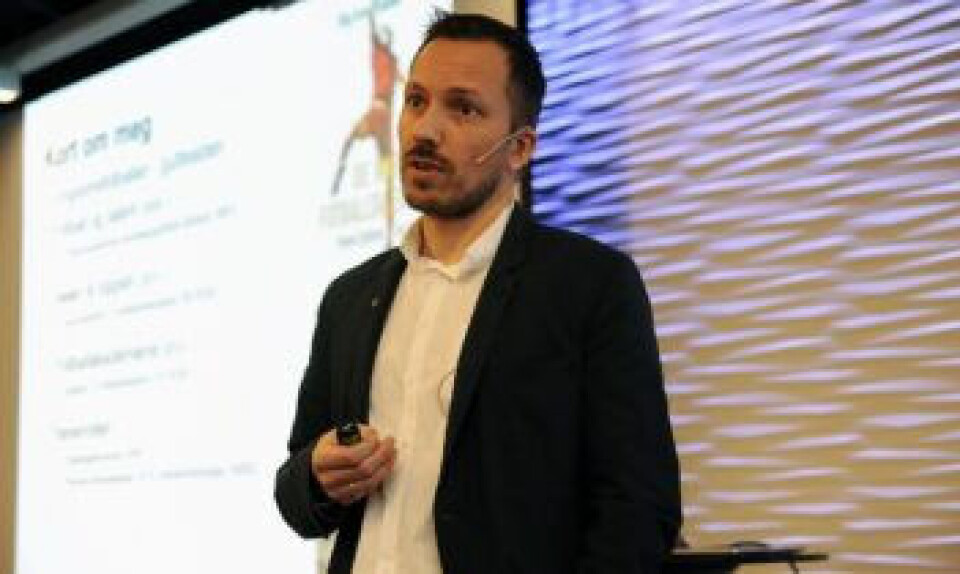THIS ARTICLE/PRESS RELEASE IS PAID FOR AND PRESENTED BY NTNU Norwegian University of Science and Technology - read more

What’s the best way to combine sports and school?
What challenges do teens face when they prioritise both their education and elite sports? Researchers have interviewed athletes who juggle both.
Some youth go all in to excel at a sport, but having a backup plan is a smart move. One day your athletic career will probably end, no matter how good you are. You’ll have done yourself a favour by acquiring an education as well.
“We looked at how ambitious young Norwegian footballers experience the pros and cons of combining school and sports,” Stig Arve Sæther, an associate professor of sports science at NTNU’s Department of Sociology and Political Science, says.
Regardless of the option, you pay a price. The school you choose if you want to do school and sports makes a difference, and finding one that is positively inclined toward combining them is key.
“Elite sports schools and other schools that enable students to combine education with sports offer a balance. The programmes are intended to provide success both in the sport of choice and in academic work, although some prioritise the former over the latter,” Sæther says.
Easier to integrate elite sports at special schools

The researchers from NTNU and the Norwegian School of Sport Sciences (NIH) spoke with eight football players and five coaches from two schools with elite sports programmes and two regular secondary schools with a sports focus.
They then analysed the student-athletes’ responses to find out how the programmes at the elite sports schools and at public sport schools compared.
They found some differences.
“The elite sports programmes closely integrate school and sports clubs, and enable the coaches and athletes to plan and manage the total workload more easily. This arrangement can lead to better development in both areas,” Sæther says.
Students who attend the elite sports schools seem to have an easier schedule than those who go to public sport schools. But attending a sports-friendly regular school does not only have disadvantages.
More independence outside the special schools
“Athletes who attend the less structured, but still sports-friendly regular secondary programmes are more concerned about the total workload of this option. But they also have more responsibility for their own decision making,” Sæther says. “The different environments offer different advantages, risks and development opportunities for students who want to combine studies and sports at a high level."
The increased responsibility offers more self-determination for those who want it. At the same time, the risk of injury due to overtraining increases.
“Our results show how the different environments offer different advantages, risks and development opportunities for those who want to combine studies with sports at a high level,” he says.
Admission linked to early achievements

The basis for admission to elite sport programmes is often linked to sporting achievements and club affiliation. The athletes’ achievements at a relatively young age can thus affect the degree of support they receive in upper secondary school.
However, research shows that strong performance at a young age is not necessarily a good indicator of achievement at the senior level.
“This situation can quickly become an additional challenge. Certain athletes may receive less support compared to others, even though their difference in skill level, and the basis for programme admission, is not necessarily that great,” Sæther says.
Reference:
Sæther et al. Balancing sport and academic development: Perceptions of football players and coaches in two types of Norwegian school-based dual career development environments, International Journal of Sports Science & Coaching, 2022. DOI: 10.1177/17479541221111462
Read more content from NTNU:
-
Fish farming is least harmful to the seabed in the north
-
Study: Centralising hospitals has reduced birth mortality
-
Early testing of schoolchildren: “We found absolutely no effect”
-
This determines whether your income level rises or falls
-
Why is nothing being done about the destruction of nature?“We hand over the data, but then it stops there"
-
Researchers now know more about why quick clay is so unstable





































